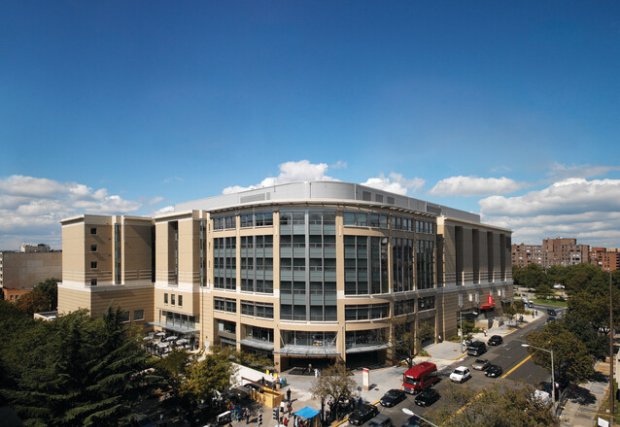GW Hospital Performs Breakthrough Pulse Field Ablation Procedure

Cardiologists at The George Washington University Hospital (GW Hospital) have successfully performed a Pulse Field Ablation (PFA) procedure, marking a significant advancement in treating atrial fibrillation (AFib).
The new technique is poised to transform AFib care, offering a faster, safer and more precise alternative to traditional ablation methods, according to Cynthia Tracy, MD, Director, Division of Cardiology at GW Hospital.
Cardiology Care at GW Hospital
To learn more about cardiology services at George Washington Hospital, visit our service page.
"Pulse Field Ablation is a breakthrough in AFib treatment, combining safety, speed and precision in a way that was not possible with previous techniques,” said Dr. Tracy. “We are excited to offer this new therapy at GW Hospital and expect it to become a mainstay in the management of AFib, providing better outcomes for our patients."
Instead of using heat or cold energy as in traditional ablation, PFA uses short bursts of high energy to affect heart tissue that causes AFib. It targets heart muscle cells without damaging surrounding structures like blood vessels, nerves, or the esophagus. PFA provides less risk of complications, less time under anesthesia, higher precision, less pain and faster recovery.
PFA is ideal for patients with symptomatic, drug-resistant AFib who seek a long-term solution to restore normal heart rhythm. AFib occurs in the heart’s upper chambers and makes the heart beat irregularly due to electrical malfunction, reducing blood flow and increasing the risk of stroke and heart failure.
Individual results may vary. There are risks associated with any medical procedure. Talk with your doctor about these risks to find out if pulse field ablation (PFA) is right for you.
